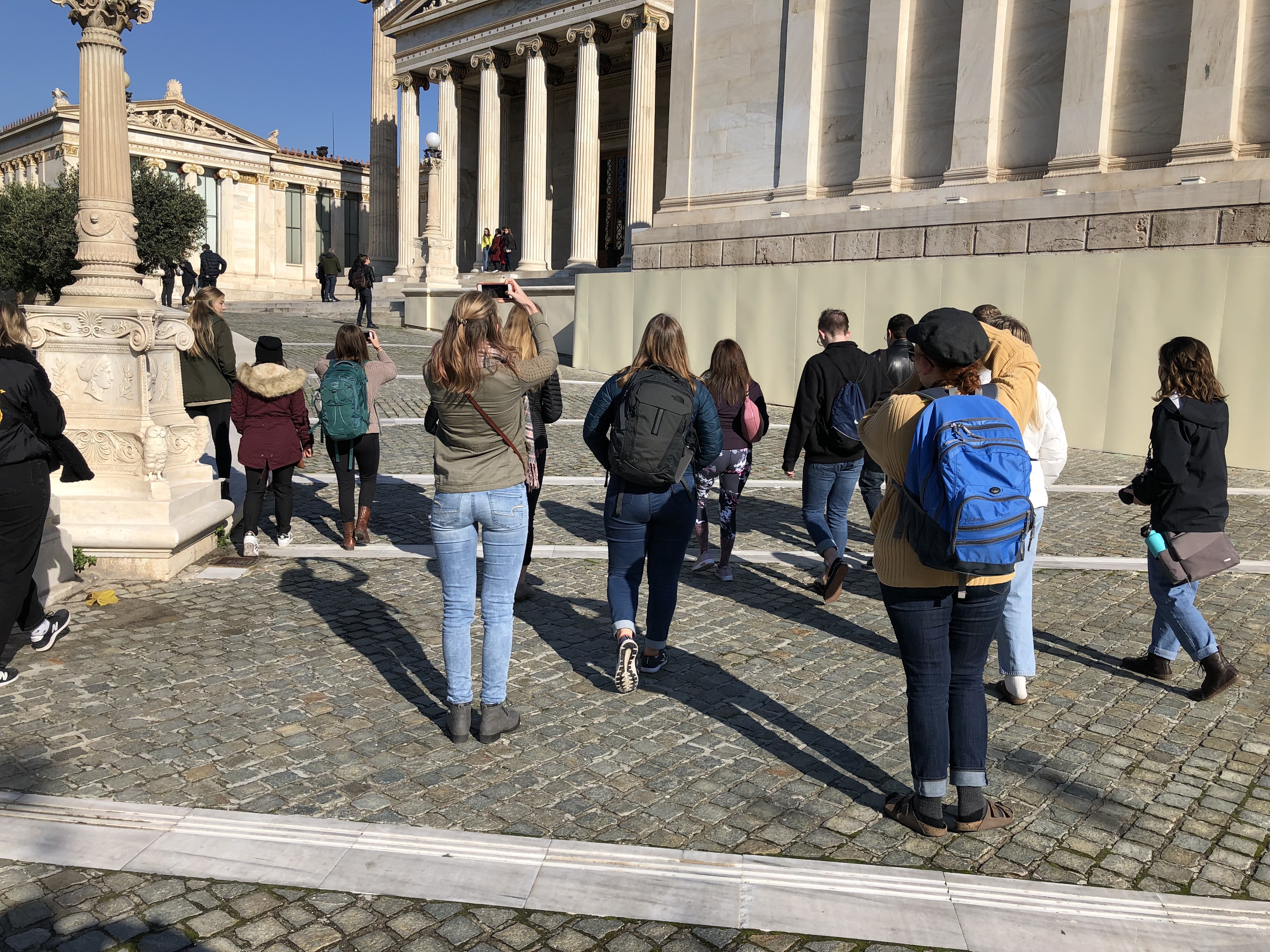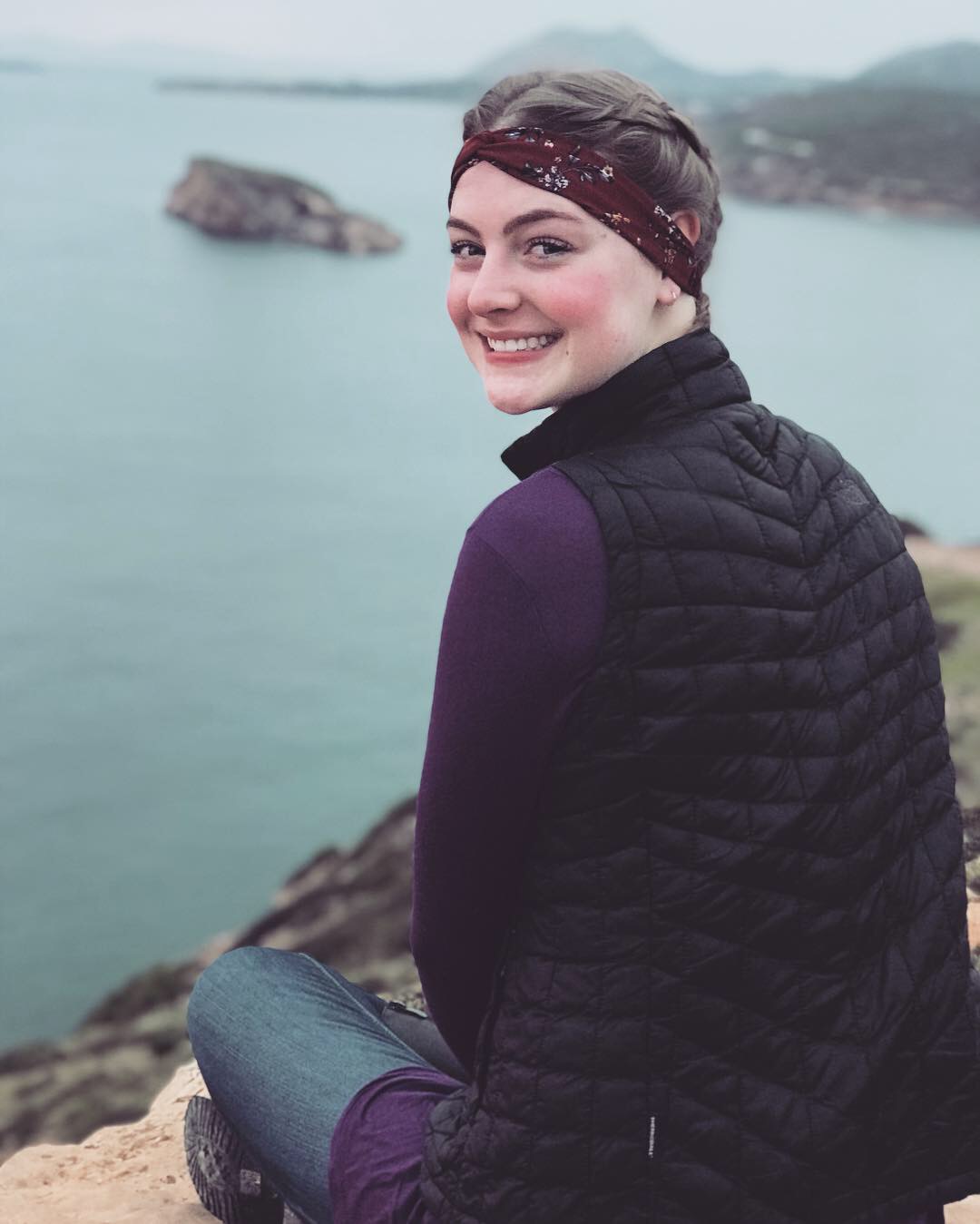Whether we like it or not, social media has a significant amount of power in today’s world. People are kept up to date on trends, news and the lives of those they follow. We log onto Instagram and Facebook where we are bombarded with people’s political opinions, family status and in a very relevant context, travel photos. When I log in, I see my friends in England, the Bahamas or Italy and I see their perfect lives with delicious food and flawless hair. I hate to admit it, but I am a victim of this epidemic too.

There is an unspoken contest to portray the most put together, happy and perfect life on social media. The issue is the life we display to the world is far from the true life we experience. What people don’t see on my social media is the coffee grounds I ate on the first day in Greece because I though it was chocolate at the bottom of my friend’s coffee, or an image of our bathroom that leaks water ever time we flush the toilet.
We have an Instagram life, and an invisible life that we choose to keep secret because we want to pretend we have our life together. If you can’t connect to the social media example, think about a job application. We have to define ourselves on one piece of paper to appear qualified and educated. In reality, our résumé is only a small glimpse into our lives, just like Instagram. There are parts of our lives we deem acceptable to be shared, and our ugly secrets that we keep to ourselves.
While in Greece, I understand the desire to post the best photos to make friends at home jealous. Of course I don’t want to post about coffee grounds or gross bathrooms, but I am trying to make sure I remember those things for myself. Greece isn’t only pink sunsets and delicious desserts. Sometimes the memories we don’t want to share to the world are the ones we’ll remember forever.



 The first of three (perhaps unintended) effects of this form of communication is an intensified fear of speaking face-to-face. When the majority of interaction becomes digital, there is less of a reason for real life, person-to-person contact. Putting oneself in an uncomfortable situation (i.e. talking to the person in line with you at Starbucks) when there is perfect comfort waiting two steps and a lock screen away seems illogical. Besides, catching your line-buddy’s name at the pick-up counter may be enough to find their profile later.
The first of three (perhaps unintended) effects of this form of communication is an intensified fear of speaking face-to-face. When the majority of interaction becomes digital, there is less of a reason for real life, person-to-person contact. Putting oneself in an uncomfortable situation (i.e. talking to the person in line with you at Starbucks) when there is perfect comfort waiting two steps and a lock screen away seems illogical. Besides, catching your line-buddy’s name at the pick-up counter may be enough to find their profile later.










